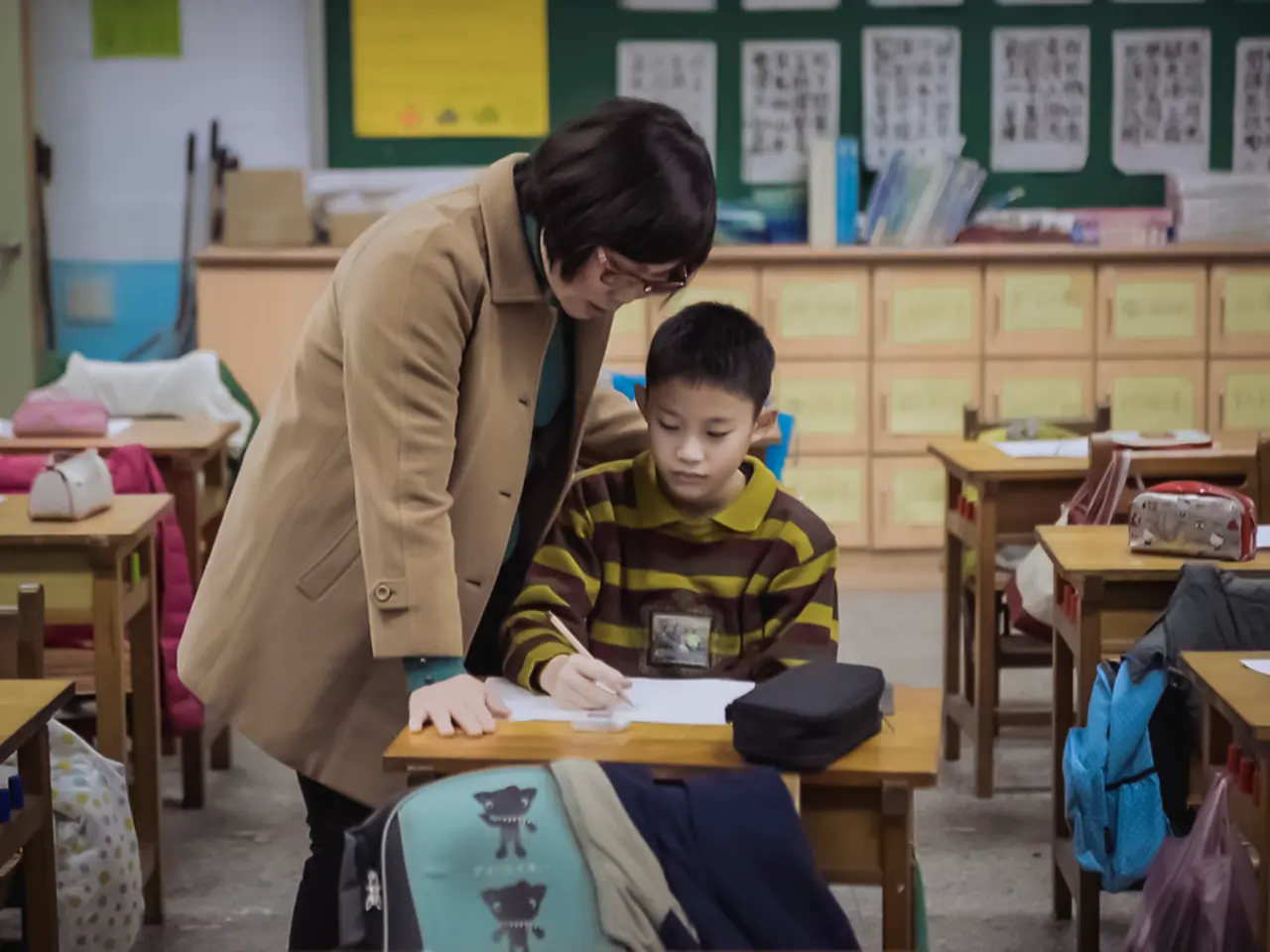AI Integration in Film Schools: A Necessary Step or Risky Venture?
In the ever-evolving world of filmmaking, DePaul University's School of Cinematic Arts is taking a significant step forward by introducing an AI screenwriting course. This innovative offering, designed to blend traditional screenwriting theory with the integration of AI tools, is part of a growing trend in contemporary film schools.
The course, led by Professor Matthew Quinn, is structured as a workshop aimed at exposing students to diverse perspectives on AI's potential in the creative arts. The content covers various aspects, including exploring the purpose and emotional impact of storytelling, overcoming writer's block using AI, developing strong characters and dramatic structure, and using AI for research and narrative exploration.
In addition to practical writing exercises, pitching, and peer/teacher feedback to refine screenplays, the course also examines ethical, legal, and ecological implications of AI use. Students are encouraged to critically reflect on AI's creative potential and limitations.
The course is similar to other screenwriting courses, with students collaborating with a chatbot like ChatGPT. It's worth noting that DePaul has a policy requiring students to acknowledge the use of AI in screenwriting, with faculty discretion over whether students can use AI in this way.
However, not everyone is welcoming this new development. Jake Panek, a 20-year-old film major, has expressed his disdain for the course. His criticism was recently voiced in a social media post, questioning the course's existence.
Meanwhile, other film schools are also embracing AI. The University of Southern California has launched an AI for Media and Storytelling studio, where Holly Willis, co-director of the studio, teaches multiple courses examining potential creative applications of AI. Willis expresses excitement for works produced using AI, but also has concerns about the technology's ownership and corporate context.
Souki Mansoor, a former documentarian, works for OpenAI as "Sora Artist Program Lead" and has produced visual pieces using AI. Mansoor recently created a short film titled "An AI Dreams of Dogfish" using RunwayML's Gen2.
UCLA Extension has also joined the movement, launching a course called "Creative Process in the Age of AI." As film schools integrate AI into their screenwriting curricula, they aim to prepare students for evolving tools in filmmaking and content creation, teaching them how AI can assist idea generation, story structure, and dialogue while fostering critical awareness about AI’s implications.
DePaul University's School of Cinematic Arts, renowned as one of the top film programs in the country, has shown a recent interest in AI, as evidenced by the "AI in the Arts" symposium held in May. The email about the "AI screenwriting" course was circulated last week, offering students an opportunity to explore the role of AI in screenwriting.
As the course progresses, it will be interesting to see how students adapt to this new approach and whether the initial scepticism gives way to a broader acceptance of AI in the realm of screenwriting.
- The AI screenwriting course at DePaul University's School of Cinematic Arts combines traditional screenwriting theory with the integration of AI tools, a trend also seen in other contemporary film schools.
- The University of Southern California has an AI for Media and Storytelling studio, where multiple courses explore creative applications of AI, like visual pieces and short films.
- UCLA Extension launched a course called "Creative Process in the Age of AI," aiming to teach students how AI can assist idea generation, story structure, and dialogue.
- As AI becomes more integrated into filmmaking and content creation, education and self-development programs emphasize critical awareness about AI's implications, helping students adapt to evolving tools in the industry.




